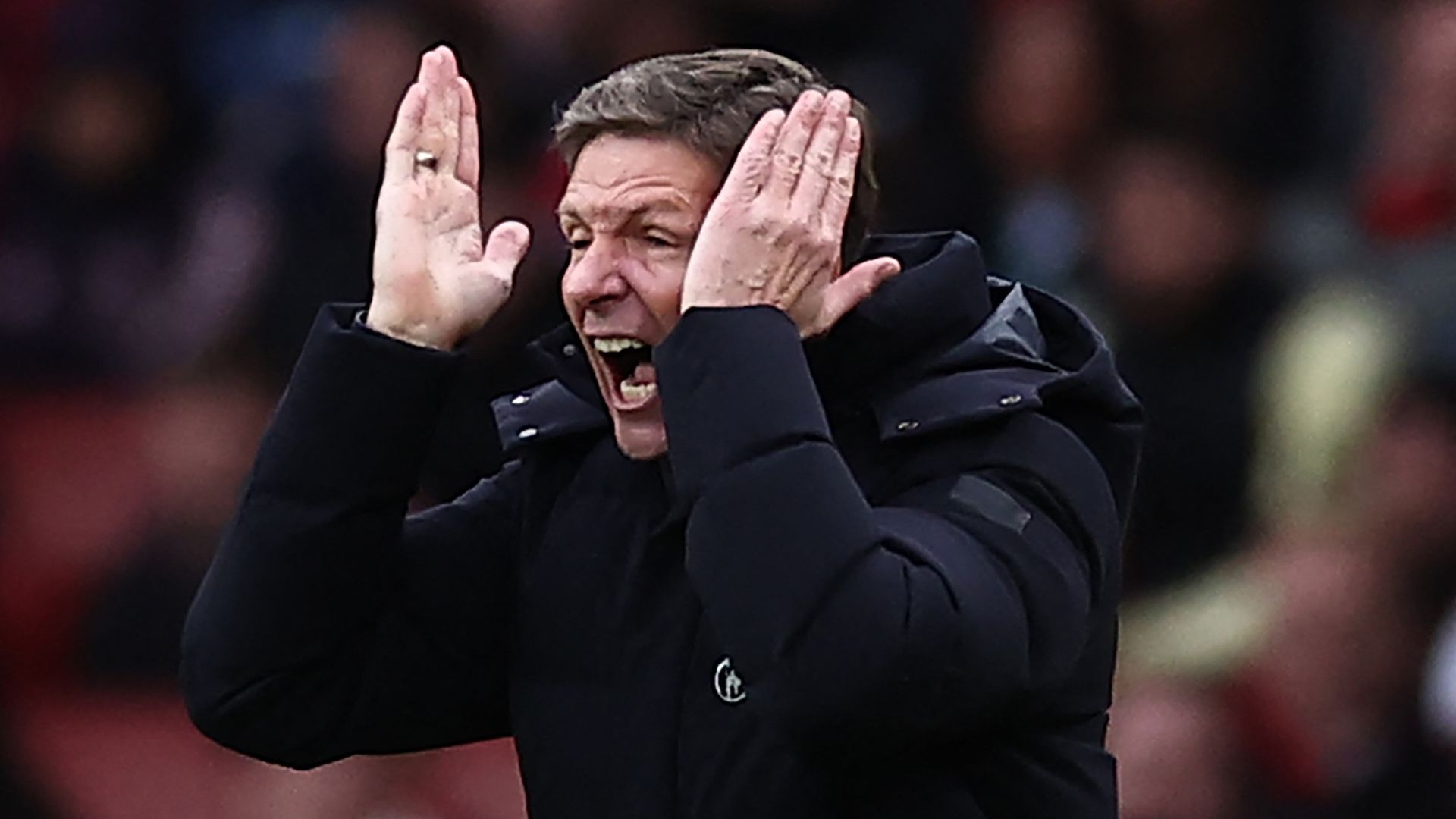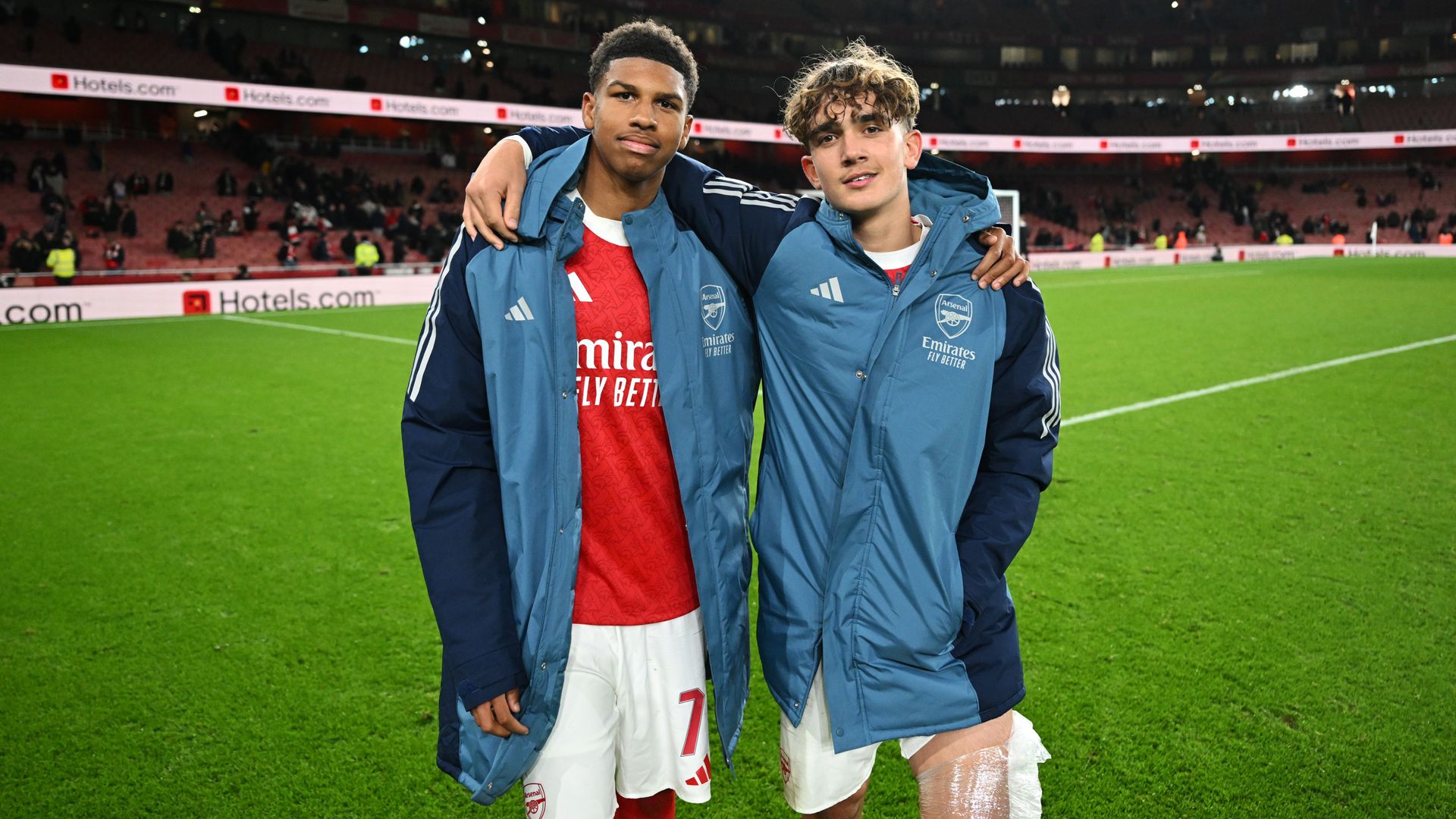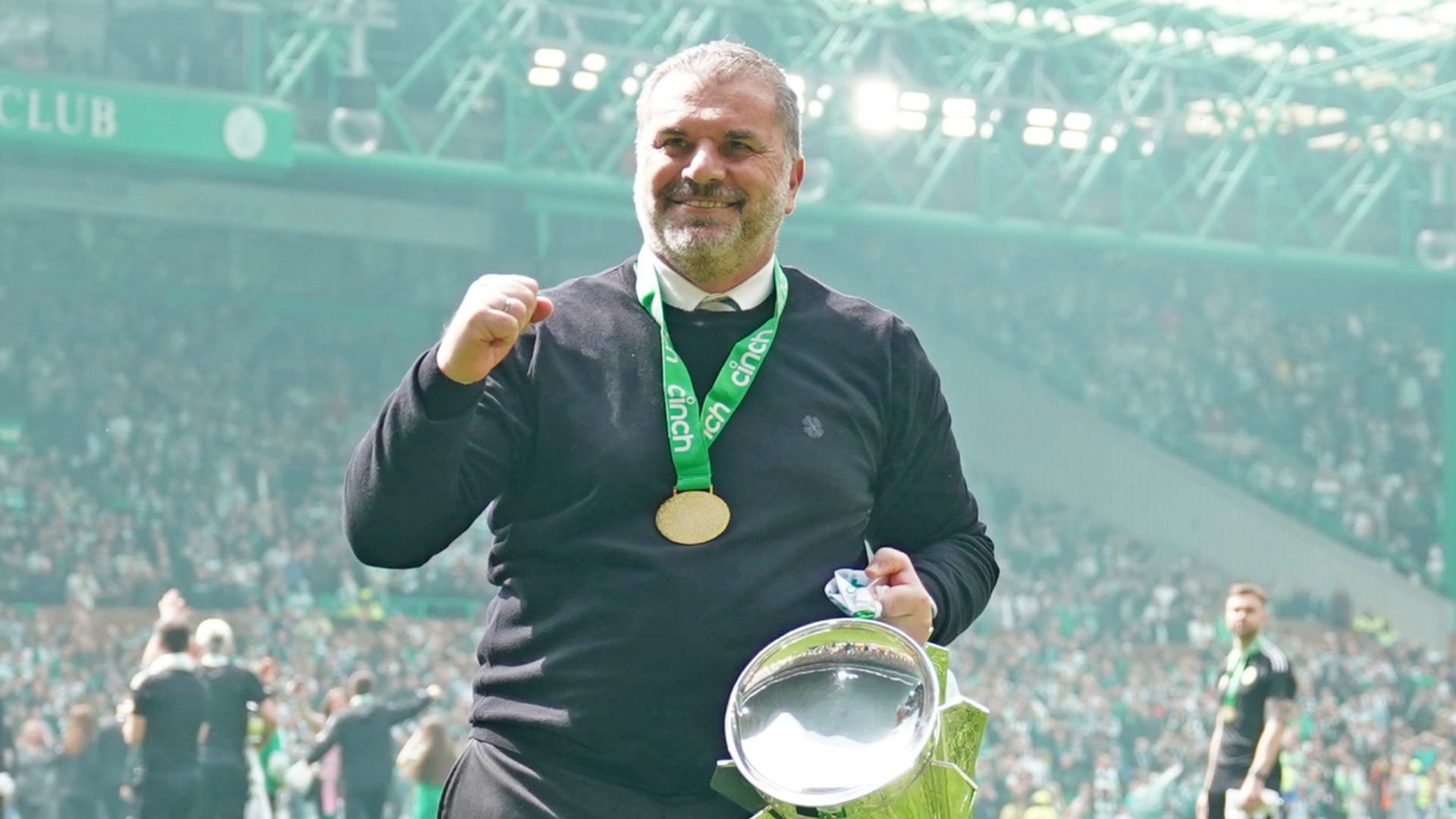Crystal Palace’s Fixture Chaos: A Modern-Day David vs. Goliath Battle in Football’s Greed and Scheduling Irresponsibility
In the world of professional football, the balance between player welfare and commercial interests has often been a contentious issue. Recently, Crystal Palace manager Oliver Glasner voiced his concerns regarding the scheduling of fixtures, particularly in light of his team’s progression to the Carabao Cup quarter-finals. Glasner’s remarks highlight a growing debate about the responsibilities of football governing bodies, clubs, and the economic pressures that drive an increasingly congested match calendar.
Glasner’s claim that it would be “irresponsible” for his side to play two games in just 54 hours in December resonates with a wider audience that is becoming more aware of the physical and mental toll on players. The modern football calendar is relentless, with clubs often participating in multiple competitions simultaneously, resulting in fixture congestion that can compromise player health and performance. This situation raises fundamental questions about the priorities of football organizations and whether they are placing profit above player safety.
The Carabao Cup, traditionally regarded as a secondary competition, has gained importance as clubs seek to secure silverware and financial rewards. However, this increased significance comes at a cost, particularly when it leads to a schedule that is untenable for the athletes involved. Players are expected to perform at peak levels, often without adequate recovery time, which can result in injuries and burnout. Glasner’s comments serve as a rallying cry for those within the football community who advocate for a re-evaluation of fixture scheduling, emphasizing the need for a more humane approach to player management.
Historically, the English football calendar has been known for its demanding nature, especially during the festive period. This tradition, while cherished by fans, often clashes with the realities of modern sports science, which underscores the importance of rest and recovery. The debate around fixture congestion is not new; it has been a recurring theme for decades. However, the intensity of the conversation has escalated as player welfare becomes a focal point in discussions about the future of the game.
The economic implications of fixture scheduling cannot be overlooked. Clubs are under pressure to maximize revenue streams, and television rights deals play a significant role in shaping match schedules. The allure of broadcasting lucrative fixtures often leads to decisions that prioritize financial gain over player health. Glasner’s outburst can be seen as a critique of a system that is increasingly prioritizing commercial success at the expense of the athletes who drive that success.
Moreover, the rise of social media has amplified the voices of players and managers, allowing them to speak out against practices that they believe are harmful. Glasner’s comments reflect a broader sentiment among coaches and players who are advocating for a more balanced approach to fixture scheduling. The potential for player burnout and the risk of injuries can have long-term consequences for clubs, affecting not only their immediate performance but also their financial stability.
As football continues to evolve, the conversation around fixture scheduling and player welfare will likely intensify. The governing bodies of the sport must grapple with the realities of a modern game where players are not just commodities but individuals with physical and mental limits. The challenge lies in finding a way to balance the demands of the sport with the well-being of its participants.
The situation at Crystal Palace, as articulated by Glasner, is emblematic of a larger issue facing football today. The clash between commercial interests and player welfare poses a significant challenge for clubs, leagues, and governing bodies. As the sport navigates this complex landscape, the voices of those directly impacted by these decisions—players, coaches, and fans—will be crucial in shaping the future of football.
In the coming months, it will be essential for stakeholders within the sport to engage in meaningful dialogue about fixture scheduling and its implications for player health. The push for a more equitable system that prioritizes the well-being of athletes while still considering the financial realities of the game is imperative. Glasner’s impassioned plea may serve as a catalyst for change, prompting a re-evaluation of how fixtures are organized and the responsibilities of those at the helm of football.
Ultimately, the future of football will depend on the ability of its leaders to recognize the importance of player welfare in an era where the sport is under increasing scrutiny. As the dialogue continues, the challenge will be to find solutions that respect the traditions of the game while adapting to the needs of its players. The balance between commercial success and ethical responsibility will be a defining theme in the evolution of football, one that will require the collective effort of all involved.




